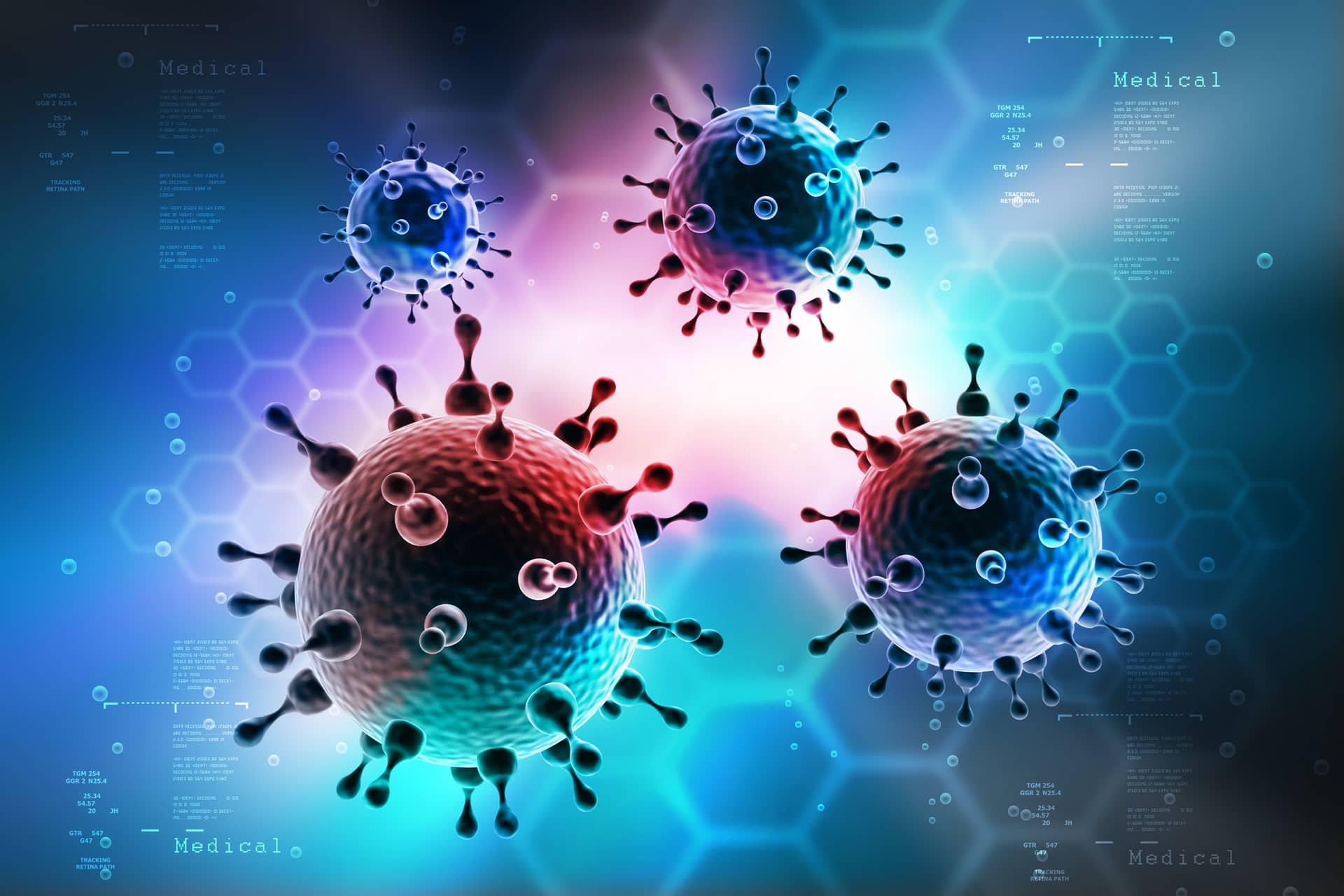
One of the founders of immunology in the 19th century, Élie Metchnikoff, theorized that longevity is directly linked to the balance of bacteria in the body.
After totally dismissing these concepts, scientists are now coming round to the idea that these wise men from the past may have been right after all.
Your risk for anxiety, depression, dementia and many (possibly most) diseases may hinge on the composition of your microbiome – the 3½ pounds of bacteria in your gut.
The mind-body connection is more earthy and fundamental than most of us ever dreamed!
Relationship Between Microbiome & Behavior in Mice
In the early 1990s, mice studies by microbiologist Mark Lyle demonstrated that you can change their behavior by inserting pathological (“bad”) bacteria into their gut. He also showed that changing their diet to alter the composition of gut bacteria led to a change in behavior.Since then many other researchers have confirmed his findings in germ-free mice that have no microorganisms living in them.
In 2004 researchers showed for the first time that an exaggerated response to stress could be reversed with a species of bifidobacteria. Other studies found a clear relationship between gut microbes and anxiety/stress-related behaviors.
When they compared germ-free with normal mice, they found differences in the stress hormone cortisol and the brain chemical BDNF which is involved in cognition and neuroplasticity. The germ-free mice had reduced cognitive ability.
Transplanting bacteria from a strain of risk-taking mice to shy mice, researchers saw changes in their personalities. The latter became outgoing and the bold mice became apprehensive. Lead researcher Jane Foster observed, “It’s good evidence that the microbiota houses these behaviors.”
Human Studies Show Gut-Brain Connection
Studies with humans are limited, but what we have confirms variations in behavior and neurochemistry arising from changes in the gut flora.When patients suffer forgetfulness, confusion and cognitive changes because of hepatic encephalopathy, a brain disease resulting from liver failure, they experience improved brain function when they use non-absorbable antibiotics that alter metabolic products of the microbiome.
Some studies have suggested that probiotics can decrease anxiety and depression, and produce a positive effect on mood.
In the most interesting study to date, 36 women ate either yogurt with probiotics, a similar yogurt without probiotics or nothing in particular for four weeks.
At the end of this period they were shown images designed to induce an emotional response. Brain scans taken at the beginning of the study were compared to those taken during the emotional recognition task.
Only in the probiotic group were there changes in areas of the brain concerned with higher cognitive and emotional processes.
Women consuming the probiotic yogurt felt less impact and were disturbed less by negative and emotionally stirring images. They also displayed greater connectivity between brain regions associated with cognition.
Lead author Emeran Mayer, professor of medicine, physiology and psychiatry at UCLA said:
“The knowledge that signals are sent from the intestine to the brain and that they can be modulated by a dietary change is likely to lead to an expansion of research aimed at finding new strategies to prevent or treat digestive, mental and neurological disorders.”
So important is this area of research that the National Institutes of Health launched the Human Microbiome Project in 2008 to explore its relationship to health and disease. In 2014 the US National Institute of Mental Health spent over $1 million on researching the microbiome-brain connection.
In a recent publication, Mayer and colleagues suggested that our new understanding of the microbiome has initiated “a paradigm shift not only in medicine but in the basic and clinical domains of neuroscience.”
This is one of the most exciting areas of research today. We’ll certainly keep you in touch with developments as they arise. Meanwhile, keep taking probiotics (preferably ones that have been kept refrigerated at all times). And avoid antibiotics except where they’re absolutely necessary.
Few people know this, but the optimum doses of probiotics are actually much higher than those in most supplements, some of which contain only a billion live cultures. I currently take 336 billion live probiotic cultures a day in three capsules (that’s according to the label – the microbes start dying off as soon as they leave the factory. Hence the need for refrigeration.) Alas, it gets expensive, but if your pocketbook will allow, the evidence suggests the higher the dose the better. In one clinical study, children with diarrhea were administered a trillion live gut microbes per day – and the treatment was effective.
